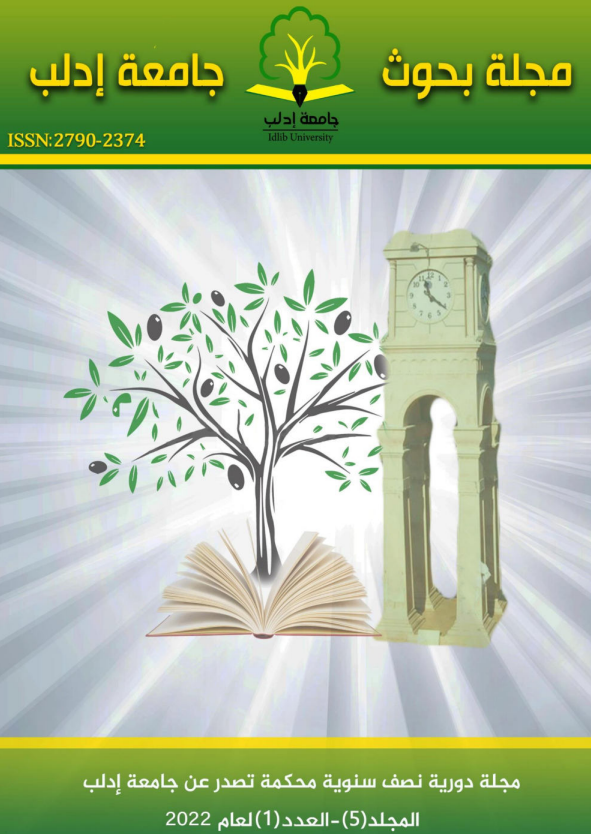Structural Validity By The Method Of Exploratory Factor Analysis Of Wechsler Intelligence Scale For Children Fourth Edition
Keywords:
structural validity, factor analysis, Wechsler intelligence scale for children, fourth editionAbstract
The research aimed to verify the structural validity of the Wechsler Intelligence Scale for Children, fourth edition (WISC-IV) on a sample of (149) male and female students of the first stage (from the first to fourth grades) using exploratory factor analysis. The results of the exploratory factor analysis showed six factors, the latent root of each factor reached more than (1), and the sum of its explanatory variance was (63.736), and most of the sub-tests were saturated on the first factor, with an explanatory variance ratio (16,217), and this is what the researcher called the general factor. The second factor was saturated by six tests with a percentage of Explained variance (11.627), and the third factor was saturated with six tests, with an explanatory variance ratio (10.310), while the fourth factor was saturated with three tests, with an explanatory variance ratio (9.567), As for the fifth factor, five tests were saturated with a percentage of explained variance (8.508), and the sixth factor was saturated with five tests with an explained percentage of variance (7.506). In contrast to the first factor, the five factors (from the second to the sixth) could not be named, as they included tests that measured different factors according to the authors of the scale. The results of the research are in agreement with the findings of the Kush & Canivez study (2021), the study of Gary et al. (2020), the study of Muhammad (2013) and the study of Abdullah and Ahmed (2009), and they differ with the findings of the study of Chen et al. (2020), and the study of Canivez, Watkins and McGill( 2019), Koch and Kanitz study (2019).

